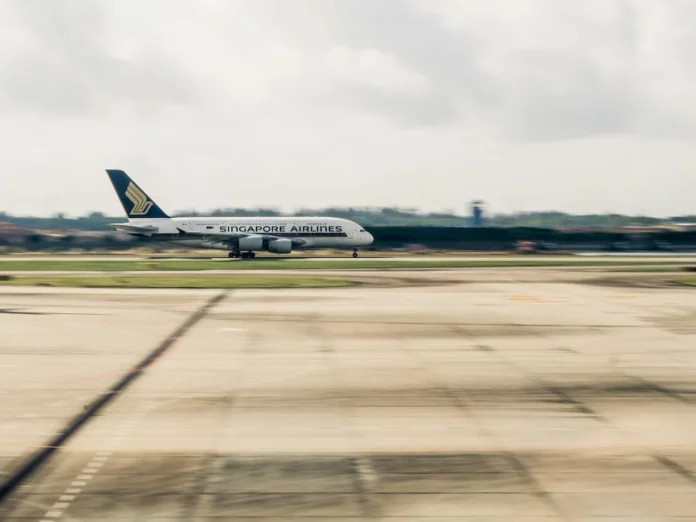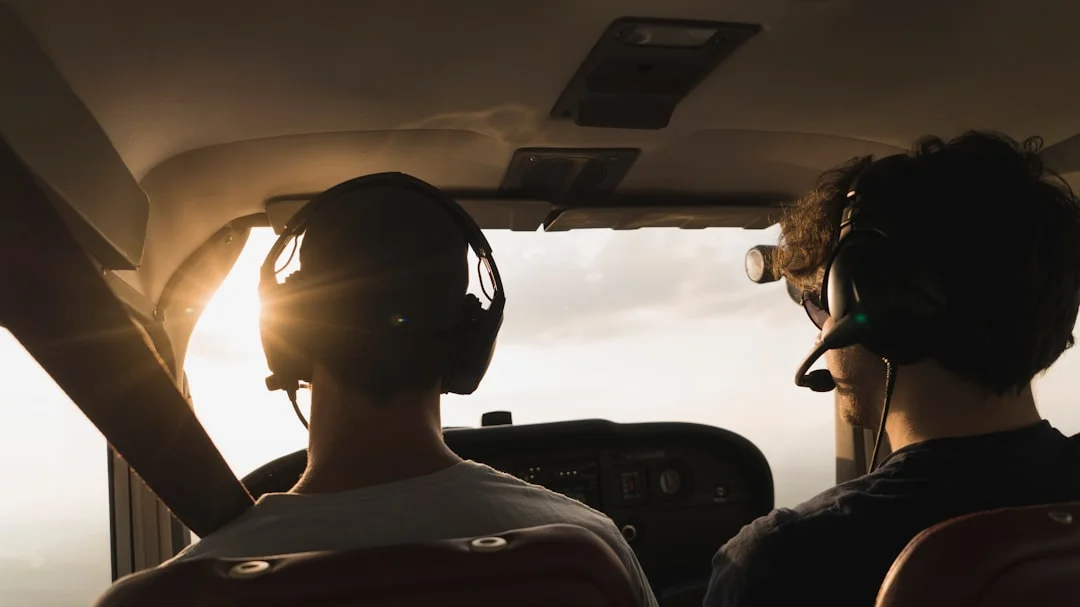North American Aerospace Defense Command (NORAD) is a bi-national organization that plays a crucial role in aviation and defense. It is a joint effort between the United States and Canada, established to monitor and protect the airspace of North America from any potential threats. NORAD was founded on May 12, 1958, as a response to the evolving challenges of the Cold War era. Its primary responsibility is to detect, deter, and defend against any aerial threats, including aircraft, missiles, and space debris.
NORAD operates on 24/7 basis, ensuring that the skies over North America remain secure at all times. It employs advanced radar systems, satellites, fighter aircraft, and command and control centers to monitor and respond to any potential threats. NORAD is headquartered in Peterson Air Force Base in Colorado Springs, Colorado, with additional command centers in Canada.
Role of North American Aerospace Defense Command in Aviation
Being one of the primary aviation defense organizations, NORAD plays a critical role in ensuring the safety and security of the airspace in North America. It performs several key functions in the field of aviation, which include:
1. Early Warning and Detection System: NORAD operates a sophisticated network of radars, satellites, and sensors to provide early warning and detection of any potential threats to the aviation sector. Its systems can detect incoming aircraft, missiles, or other airborne objects, allowing them to swiftly respond and take appropriate action.
2. Air Defense: NORAD is responsible for maintaining the air defense of North America, ensuring that the skies remain secure from unauthorized or potentially threatening aircraft. It promptly scrambles fighter jets to intercept and escort any suspicious or unidentified aircraft. This capability serves as a deterrent against aerial threats and helps maintain the sovereignty of the airspace.
3. Search and Rescue Operations: In addition to its defense role, NORAD also plays a crucial part in search and rescue operations. It coordinates with various civil and military agencies to respond to distress signals, locate missing aircraft, and provide assistance during emergencies. NORAD’s expertise and capabilities in aviation ensure a rapid and effective response in critical situations.
The cooperation between the United States and Canada in NORAD enhances the effectiveness and efficiency of aviation defense operations, pooling their resources, expertise, and intelligence. This collaborative approach enables a seamless integration of efforts and allows for a rapid response to any aviation threats.
Significance of North American Aerospace Defense Command in Aviation
NORAD’s significance in the field of aviation cannot be overstated. It serves as a vital safeguard for the airspace in North America, protecting not only the lives and assets of both nations but also ensuring the smooth and secure operation of the aviation industry. Here are some key reasons why NORAD is significant:
1. Protection of Critical Infrastructure: NORAD plays a crucial role in protecting critical infrastructure, such as airports and air traffic control systems, from potential threats. By continuously monitoring the airspace, NORAD can detect and respond to any unauthorized or suspicious activities that may endanger the aviation infrastructure.
2. Maintaining Air Sovereignty: The ability of NORAD to maintain air sovereignty is a vital aspect of ensuring national security for both the United States and Canada. By actively patrolling and monitoring the skies, NORAD can identify any threats and respond appropriately, thereby safeguarding the airspace and sovereignty of the two nations.
Collaboration with Other Aviation Defense Agencies
While NORAD plays a central role in aviation defense, it collaborates with several other agencies to strengthen the overall security of the North American airspace. Some key collaborations include:
1. Federal Aviation Administration (FAA): NORAD works closely with the FAA to seamlessly integrate their operations and enhance the detection and response capabilities. This collaboration allows for efficient communication and coordination during potential threats, ensuring a timely and effective response to any aviation incidents.
2. Transportation Security Administration (TSA): NORAD collaborates with the TSA to enhance aviation security measures, focusing on areas such as passenger screening and airport access control. This partnership aims to strengthen the overall security of the aviation sector, ensuring the safety of travelers and preventing any potential threats.
3. Canadian Department of National Defence: NORAD works closely with the Canadian Department of National Defence to ensure seamless coordination and information sharing between the two nations. This collaboration strengthens the defense capabilities of North America and allows for a unified response to any aviation threats.
Overall, the North American Aerospace Defense Command (NORAD) plays a vital role in aviation defense by detecting, deterring, and defending against potential threats to the airspace of North America. Its collaboration with various agencies and its advanced technological capabilities ensure the safety and security of the aviation sector, enhancing the overall resilience and preparedness of the region.
For More: What is NR in Aviation? (Rotor Speed (Helicopters))




